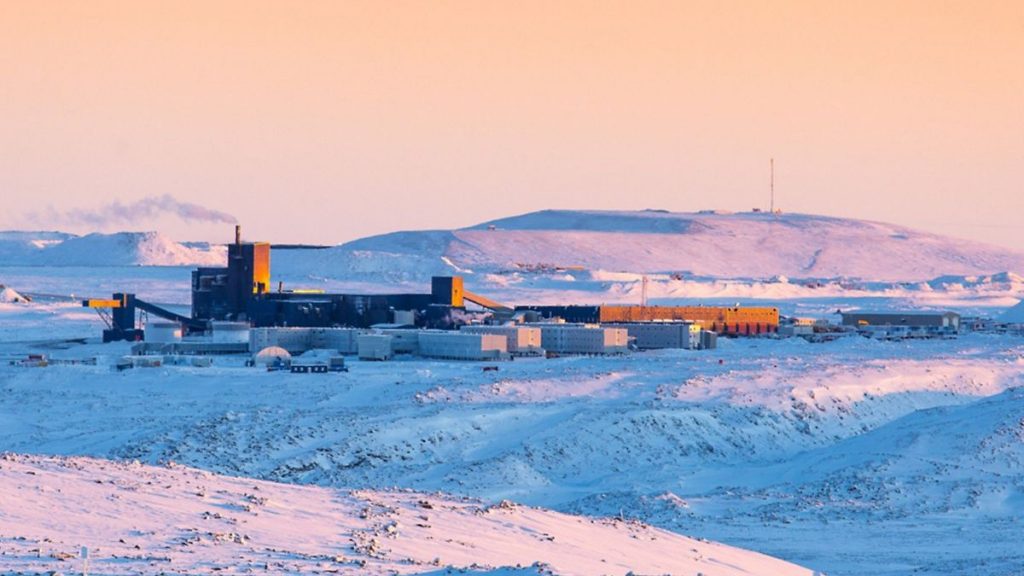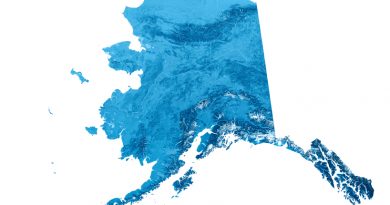Agreement in principle reached between Raglan Mine and United Steelworkers

An agreement in principle has been reached in the three-month long strike at Raglan Mine in Nunavik, the Arctic region of Quebec.
“A tentative agreement has been reached between [United Steelworkers] Local 9449 bargaining committee and that of the multinational Glencore,” the union posted on their website Monday.
The 630 United Steelworkers have been on strike since May 27.
Among the main issues for the union were the use of subcontractors, vacations and wages, as well as on-site living conditions.
A mediator had been working with both sides since May to help reach an agreement.
Vote results expected week of September 5
Reached on Tuesday, a spokesperson for the United Steelworkers said the union could not comment on any details of the agreement in principle before it was presented to its members.
A spokesperson for Glencore Group, the natural resource company that Raglan Mine is part of, also said they could not comment on agreement details “out of respect for all parties.”
The union is holding meetings throughout Quebec this week to present the agreement in principle to its members and allow them to vote.
The results are expected the week of September 5.
Raglan is a fly-in, fly-out mine on the Ungava Peninsula located between the communities of Salluit and Kangiqsujuaq.
It has 1,200 employees. Of those, 20 per cent are Inuit.
Write to Eilís Quinn at eilis.quinn(at)cbc.ca
Related stories from around the North:
Canada: Canadian government says it can’t approve emergency request from Arctic mine, CBC News
Sweden: UN experts call on Sweden to halt mining project on Indigenous Sami land, Eye on the Arctic



